The University of Saskatchewan (USask) is extending remote learning to February 7th.
USask’s Pandemic Response and Recovery Team (PRT) announced the decision in a statement on the USask website, citing increasing cases and spread of Omicron.
All classes currently in remote learning will continue until that date, and all classes that are currently being delivered in-person at this time will continue as such.
USask also says employees working remotely will be communicated directly from their respective leaders on the next steps.
“Like class delivery, the readiness of a return to work on campus will be assessed prior to February 7.” PRT said in the statement.
“Given the data available, it is not anticipated that a further extension of precautionary measures will be required beyond February 7. Knowing that we are living through a quickly changing situation in many parts of Canada, we will continue to monitor and adjust our safety protocols as necessary to ensure the health and wellness of our campus and broader communities.”
Meanwhile, the University of Regina (U of R) will also keep remote learning until February 7th, when a phased-in approach to return to in-person learning will begin.
In a statement on the U of R website, the University says some courses, classes, and laboratories will resume February 7th, but work is being done to determine which courses can resume that day, and will be communicated to students by Monday (Jan. 24).
Some on-campus events and activities will resume on February 22nd.
A full resumption of in-person courses and other activities is set for March 1st.
“Faculty and staff who are temporarily working remotely will also fully return to campus by March 1, with some returning sooner in order to ensure adequate support for the partial return to in-person operations through February.” The U of R said in the statement.
“This phased return to in-person classes, combined with the University’s requirement for proof of vaccination or regular rapid antigen testing, updated guidelines for masking on campus, and other precautions that are in place, will make the University environment as safe as possible.
The University will continue monitoring the pandemic situation in the province and will adjust as required. This may include temporarily “pivots” to remote delivery for individual classes, or, if public health orders change, another blanket shift to remote learning to ensure the safety of our University and broader community.”








